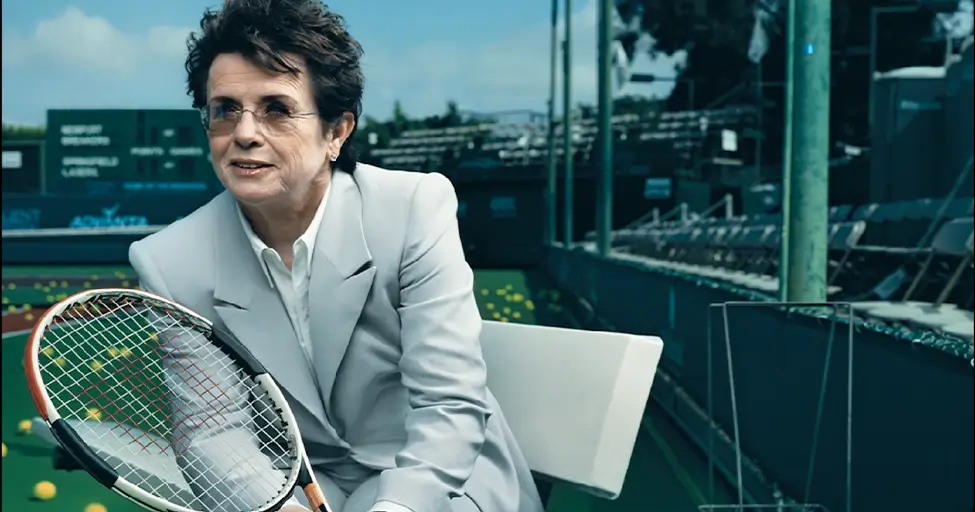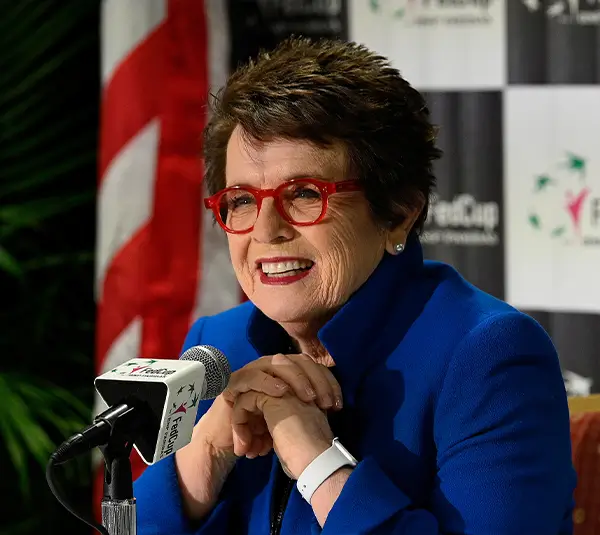Beyond Likes: Athletes Using Social Media for Social Good
- Abeera Marium Siddiqui
- February 28, 2024
- 8:49 am

“I wanted to use sports for social change.”
Billy Jean King
The words of tennis legend Billy Jean King still ring true decades later as a growing number of professional athletes are recognizing the power of their platforms and choosing to speak out on important social issues. With millions of followers across social media, athletes can use their voices for more than self-promotion and entertainment. Rather than simply posting product endorsements and highlights from games, many athletes are becoming influential activists and advocates for social change.
Issues like racial justice, mental health, and gender equality are now being brought to the forefront of public discourse through athletes' social media presence. According to a 2020 survey by GlobalData, 49% of Gen Z followers say they would support brands or people who take a stand on social issues. Athletes who take meaningful stands can capture the attention of younger audiences who care deeply about social responsibility.

For example, basketball superstar LeBron James has been outspoken on issues like police brutality, launching the "More Than An Athlete" campaign to combat racism and advocate for Black lives. James frequently uses Twitter and Instagram to speak directly to his 135 million combined followers about racial justice issues. Similarly, tennis icon Naomi Osaka brought attention to Black Lives Matter during the 2020 U.S. Open by wearing face masks with the names of victims of police brutality and racism. Osaka opened up an important dialogue about racial injustice in the nearly all-white sport of tennis, courageously using her platform at a pivotal cultural moment.
Furthermore, a growing number of athletes are working to end the stigma around mental health issues and raise mental health awareness. Olympic swimmer Michael Phelps has shared his struggles with depression and suicide openly on social media, encouraging others to seek help. Phelps' honesty helps his 1.5 million Twitter and Instagram followers understand that even world-champion athletes face mental health challenges. Similarly, NBA players like Kevin Love and DeMar DeRozan have shared stories of their anxiety, depression, and other conditions, breaking down barriers and letting fans know they are not alone. According to the WHO, 1 in 4 people globally suffer from mental health disorders, so athlete advocacy makes a huge impact.
While it's encouraging to see athletes embracing activism, there are also ethical considerations regarding measuring impact and ensuring authenticity. Critics argue that some athletes may engage in "slacktivism," showing support for causes via social media without meaningful action to create change. Others contend that brands influence athletes to take inauthentic or self-serving stances. Moving forward, athletes must consider how to move beyond platitudes and drive real change. Partnering with charities, starting foundations, educating themselves on issues, and taking concrete action beyond social media are all key.

There is vast potential for athletes to leverage social media and their fan communities to positively impact society. With great fame and privilege comes great responsibility. Social media provides the tools. Now, athletes must rise to the challenge. As NBA legend Bill Russell once said, “The most important measure of how good a game I played was how much better I’d made my teammates play.” Similarly, our greatest athletes can elevate us all by using their spotlight for social good.
CATEGORIES


Your go-to destination for diverse and engaging content!
Explore a world of knowledge, entertainment, and connection right at your fingertips.
POPULAR POSTS





